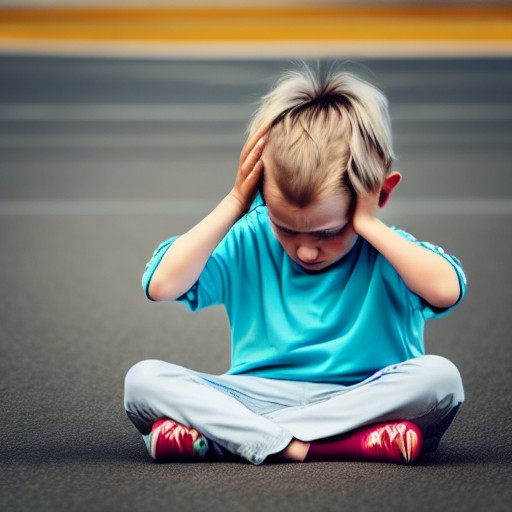Understanding and Managing Childhood Anxieties
Anxiety is a common experience for people of all ages, including children. However, for children, anxiety can be particularly challenging to navigate. It can impact their emotional, social, and academic development, and can cause long-term effects if left untreated. Here are some strategies for understanding and managing childhood anxieties:

Recognize the Signs of Anxiety
It's important to recognize the signs of anxiety in children. Common signs include excessive worrying, irritability, difficulty sleeping, physical symptoms such as headaches or stomachaches, and avoidance of social situations or school.

Encourage Open Communication
Encourage your child to talk about their feelings and concerns. Listen actively and validate their emotions. Avoid dismissing their fears or concerns, as this can make them feel misunderstood and unsupported.

Teach Coping Strategies
Teach your child coping strategies to manage their anxiety. This can include deep breathing exercises, mindfulness techniques, and positive self-talk. Encourage them to use these strategies when they're feeling anxious.

Seek Professional Help
If your child's anxiety is impacting their daily life, consider seeking professional help. A mental health professional can help your child learn coping strategies, and can work with you to create a plan for managing their anxiety.

Final Thoughts
Anxiety can be challenging for children, but with the right support and resources, they can learn to manage their anxiety and thrive. By recognizing the signs of anxiety, encouraging open communication, providing reassurance, teaching coping strategies, and seeking professional help when needed, you can help your child manage their anxiety and live a happy, healthy life.